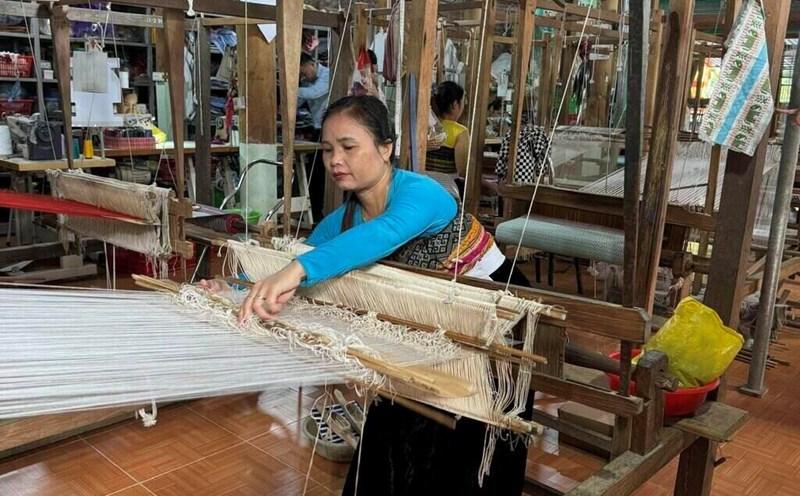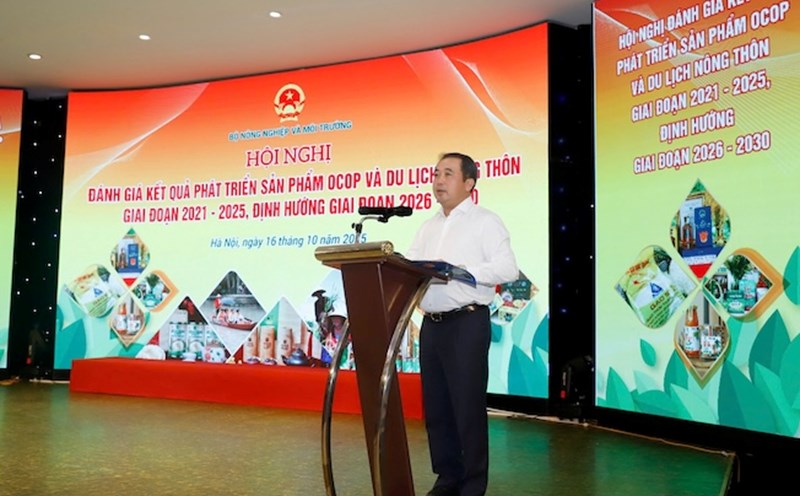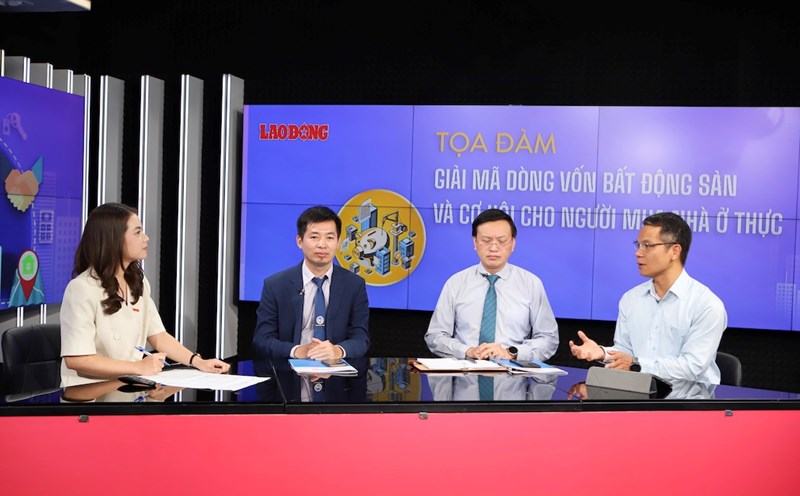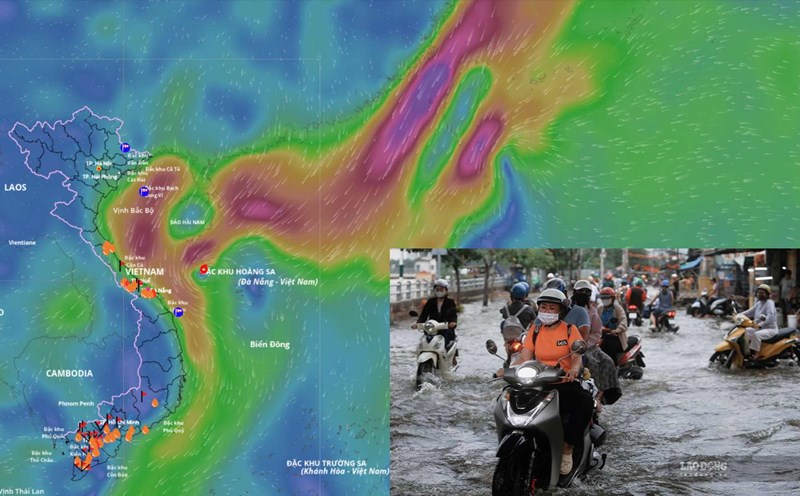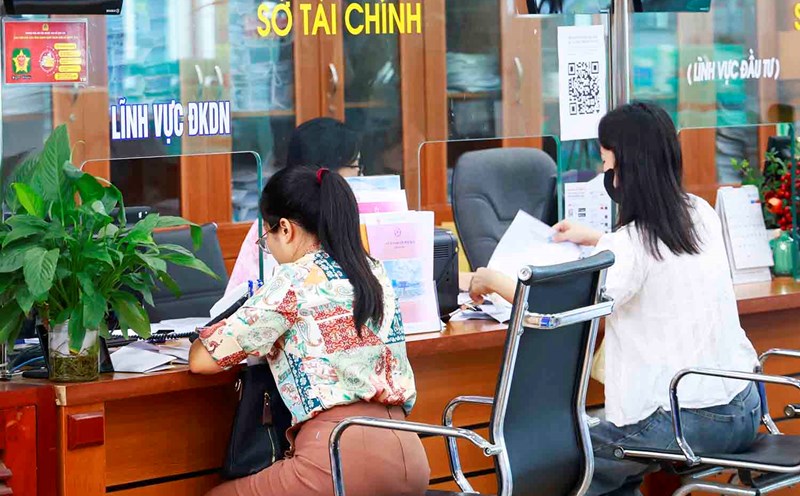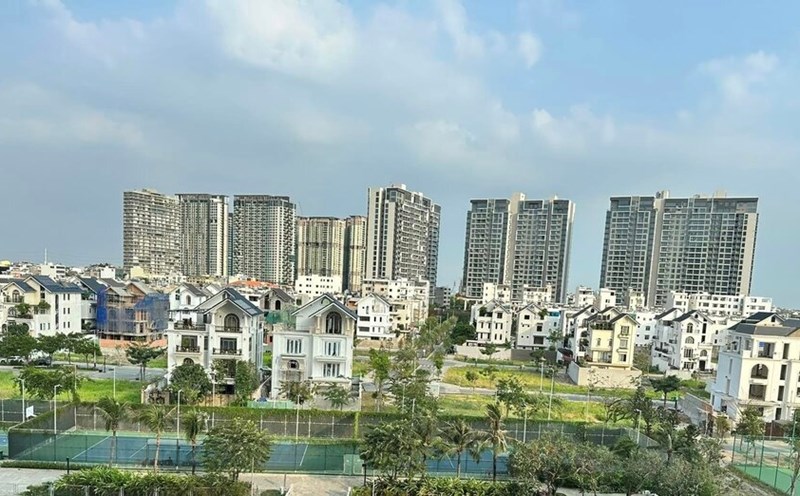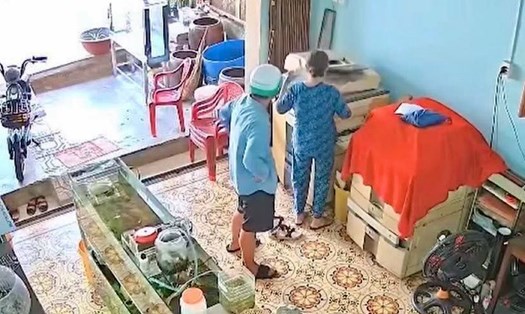OCOP program has a strong impact on rural economic development
Developing OCOP products and rural tourism is a key task in the process of shifting from agricultural production thinking to rural economic thinking. The goal is to effectively exploit the agricultural, craft village, cultural and ecological potential of each locality, contributing to improving people's lives, promoting the shift of economic structure towards multi-value and sustainability.
In the period of 2021 - 2025, the program will be implemented synchronously nationwide, with the participation of the entire political system. By September 2025, 34/34 provinces and cities had assessed and classified 17,316 OCOP products as achieving 3 stars or more, of which 72.1% were 3-star products, 27.1% were 4-star products and 126 were 5-star products.
According to Mr. Ngo Truong Son - Chief of the Central New Rural Coordination Office, after more than 7 years of implementation, the OCOP program has had positive impacts, highlighting the development of the rural economy.
In addition, OCOP has helped entities take the initiative in market development, expanding distribution channels, especially the ability to participate in modern distribution channels, export markets, promoting the direction of livelihood development in particularly difficult areas and vulnerable groups.
In the period of 2021-2025, more than 70,000 OCOP officers and entities have been trained, the main subjects being cooperatives, small and medium enterprises, farms, cooperative groups and household production facilities, creating new jobs for nearly 22,000 workers.
Need to create breakthroughs, add new vitality to OCOP products
In addition to the achievements, the OCOP program still has certain weaknesses such as limited OCOP capacity, especially in terms of capital, management capacity, marketing and market development. The quality of OCOP products still lacks uniformity and stability...
According to Mr. Ngo Truong Son, in the coming time, he will continue to orient the development of OCOP products towards depth, quality, characteristics, multi-value, environmental friendliness, associated with promoting the application of technology in processing, exploiting the potential, advantages and cultural values of the locality, building brands and expanding the market. In particular, focusing on developing OCOP products associated with local advantages and strengths, especially associated with local ingredients, culture and indigenous knowledge. Strengthen product quality improvement towards environmental friendliness, green and sustainable development.
Deputy Minister of Agriculture and Environment Tran Thanh Nam emphasized: The period of 2026 - 2030 sets many new requirements for socio-economic development, especially promoting science and technology, innovation, digital transformation and green development, reducing emissions, adapting to climate change. Therefore, the OCOP and rural tourism programs need to innovate thinking, shifting from developing quantity to focusing on quality, sustainable value and creativity, while perfecting the legal corridor to develop Vietnam's advantageous goods industries.
At the Conference "Evaluating the results of OCOP product development and rural tourism in the period of 2021 - 2025, orientation for the period of 2026 - 2030", Acting Minister of Agriculture and Environment Tran Duc Thang clearly stated the key tasks in the coming time, including perfecting mechanisms and policies; researching and developing a separate decree on OCOP development and rural tourism; along with preferential mechanisms on land, credit, labor and technology.
The Ministry will also promote the application of science and technology, digital transformation, building a national digital database on OCOP and rural tourism, serving traceability, quality management and e-commerce connection.
According to Mr. Tran Duc Thang, Vietnam's agriculture grows by about 4%/year, but the potential is still very large. If the OCOP program and rural tourism are effectively exploited, it can create a breakthrough, bringing a better life to people in rural areas.

